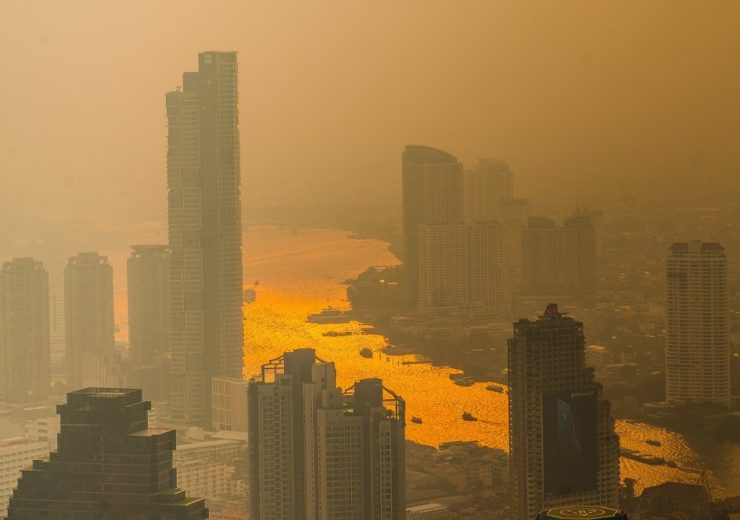The UN Environment Programme's report is the first comprehensive look at policies and standards around plastic and packaging waste in the region

More than half of the land-based plastic pollution in the world's oceans originates from just five countries, four of which are in south-east Asia (Credit: Pixabay)
Limited packaging-related policies and weak enforcement is aggravating the problem of plastic pollution in south-east Asia, according to a new report by the UN Environment Programme (UNEP).
Titled The Role of Packaging Regulations and Standards in Driving the Circular Economy, the report recommends harmonised policies across members of the Association of Southeast Asian Nations (ASEAN) would help tackle the issue.
More than half of the land-based plastic pollution in the world’s oceans originates from just five countries, four of which are in south-east Asia.
Alongside its environmental impacts, plastic litter in the Asia-Pacific region costs its tourism, fishing and shipping industries $1.3bn per year.
UNEP regional coordinator for chemicals and waste Kakuko Nagatani-Yoshida said: “South-east Asia is a primary source and victim of plastic, where it is choking seas and threatening ecosystems and livelihoods.
“If we want to solve the marine litter problem globally, we have to solve it in this region.”
Import and export conventions across the ASEAN would ensure quality and standard among nations, says UNEP
UNEP’s report is the first comprehensive look at policies and standards on packaging waste in the 10 countries in the region, comparing these regulations to areas such as the EU and Japan.
It says the review shows in these jurisdictions, packaging waste is managed more sustainably due to the presence of national targets, an overachieving approach to the product and the adoption of policy that emphasises solutions addressing the root cause of the problem.
The report was launched at the first annual SEA of Solutions partnership week taking place in Bangkok, designed to inspire market-based solutions and encourage enabling policies to prevent marine plastic pollution in south-east Asia.
The research has recommended intervention in the inter-ASEAN trade of scrap packaging and packaging material, regulated through import and export requirements.

It also says any regulation put in place should ensure that domestic infrastructure is not burdened by unwanted packaging waste as well as making sure imported materials comply with domestic regulations and restrictions.
Given the flow of products within the ASEAN economies, UNEP’s report also recommends the improvement of labelling practices in the region, which would result in reduced consumer confusion and improved disposal.
Another area it says would benefit from intervention by the intergovernmental organisation is the adoption of process and quality standards.
This conformity could be applied to a wide range of standards including incineration, waste-to-energy, material recycling, organic and energy recovery, green labelling and export trade quality.
The report says adoption of these standards would help expedite the progress towards global alignment on policy with respect to packaging and its waste.
